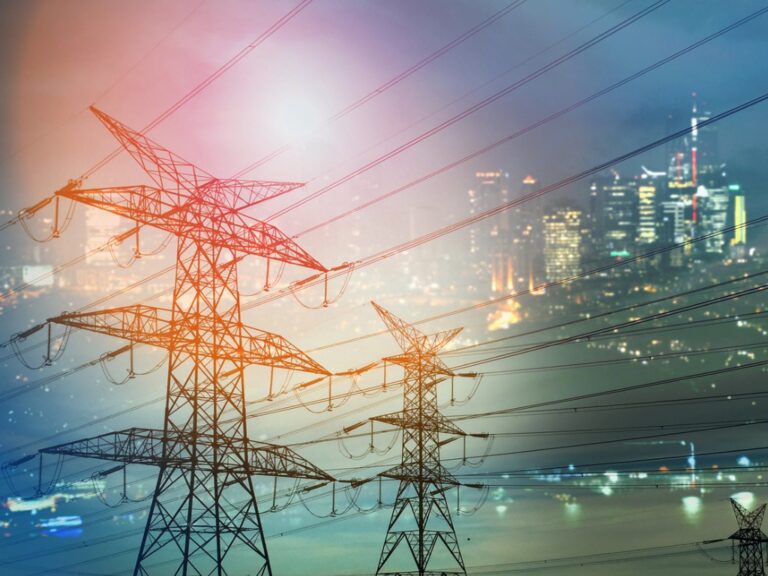How a Cyberattack Could Cripple the US Electrical Grid
June 27, 2025

A potential widespread cyberattack on the US electrical grid is a growing national security concern, according to Wired reporter Justin Ling. Experts warn that such an event could have catastrophic consequences.
A successful attack is challenging to execute, but it potentially could darken entire regions, disrupt essential services, and trigger societal unrest.
The April power outage across the Iberian Peninsula, although quickly resolved, offered a glimpse into how fragile modern infrastructure can be.
Warnings about cyber threats to US infrastructure are not new. Events like the 2015 Russian-led cyberattack on Ukraine’s grid and China’s Volt Typhoon operations targeting US and Guam systems underscore the real danger of state-sponsored cyberwarfare.
Although these incidents have been mitigated, they reveal exploitable vulnerabilities within complex and interconnected electric networks.
Unlike Ukraine’s more centralized system, the US electrical grid is split into five major interconnections, including the Eastern, Western, and Texas grids. These comprise thousands of utilities and substations.
This decentralized structure offers some protection by avoiding a single point of failure, but interconnections between systems still pose cascading risks.
Studies have shown that 10% of power lines in the US could initiate wide-scale failures under certain conditions. A Lloyd’s of London scenario projects that a Trojan virus infecting just 50 generators could plunge up to 93 million people into darkness, particularly on the East Coast.
Recovery could take weeks, and essential services like water treatment and emergency response would be severely hampered.
Lawyers advising in the energy, infrastructure, insurance, or cybersecurity areas should prepare for increased regulatory scrutiny, litigation risk, and contractual liability arising from such incidents.
Counsel may need to help clients assess force majeure clauses, cyber insurance coverage, incident response protocols, and supply chain resilience to mitigate exposure in the face of grid-related disruptions.
Critical intelligence for general counsel
Stay on top of the latest news, solutions and best practices by reading Daily Updates from Today's General Counsel.
Daily Updates
Sign up for our free daily newsletter for the latest news and business legal developments.




